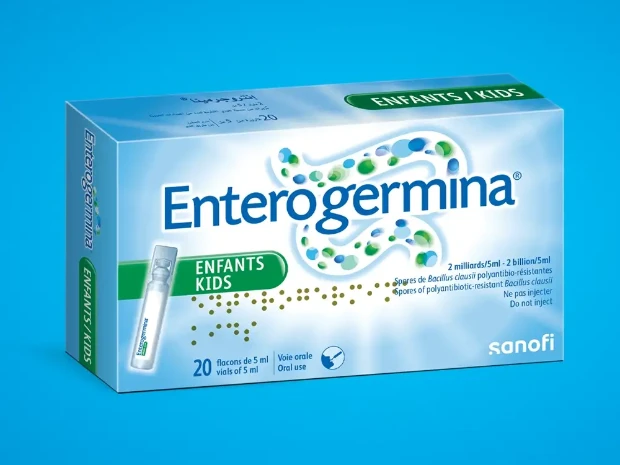What Causes Gut Imbalance?
There are many things can can cause an imbalance in your microbial colonies resulting in gut imbalance; the following are the most common:
Antibiotics & Medications
Infrequently used medications, especially antibiotics, tend to negatively affect one’s gut flora.
High Stress Levels
Stress, pressure and anxiety may weaken your immune system, making it harder for the body to fight off invasive bacterias.
Unbalanced Diet
Any dietary shift that increases the amount of sugars, proteins or additives will put the body at risk for gut imbalance.
How to Recognize Gut Imbalance?
Some symptoms of Gut Imbalance are mild and temporary, such as an upset stomach. Others are more severe, and will require suitable treatment.
Abdominal Pain
Discomfort in the abdominal region is a common symptom of Gut Imabalance. Severity can range from manageable to extremely unpleasant.
Bloating
A struggling digestive system makes one susceptible to excessive gas build up, which can often use the mouth to exit the body.
Diarrhea
Imbalanced microbiota will often make themselves known through regular, uncomfortable spells of diarrhea.
Gut Imbalance: Tips & Remedies
Gut Imbalance may be difficult to manage without the help of a health care provider, but there are a few things you can try.
Learn to relax
Many believe that adopting calming practices, such as meditation and yoga, will relieve stress and help the body better absorb nutrients, thus bringing relief to gut imbalance.
Avoid bacteria-killing products
Environments that are overly sterile may work against your own good bacterias fighting to correct the internal imbalance.
Consider antibiotics
Some cases of gut imbalance require the aid of an antibiotic. However, antibiotics can also trigger the gut imbalance in the first place, so it is vital you use a quality probiotic when taking this route.
.webp)
How to Prevent Gut Imbalance?
Anyone who has suffered dysbiosis will tell you prevention is something to get on board with sooner rather than later.
Frequently Asked Questions
Gut Imbalance is one of the most dreaded intestinal conditions. You’ve probably got a few questions for us; check out our FAQ.
-
Somewhere along the line, your gut microbiota likely became imbalanced as a result of antibiotic treatment, an unhealthy diet, or abuse of alcoholic substances.
-
Without treatment, Gut Imbalance can take months to heal on its own. Targeted treatment can help to alleviate symptoms of Gut Imbalance in just a few days.
-
A daily ritual of probiotics and prebiotics will work to restore balance in your gut microbiota, eventually eliminating the Gut Imbalance and its respective symptoms.
Our Products
Enterogermina®’s range will scan the gut for intestinal flora imbalance and deliver billions of good bacteria to treat both the condition and associated symptoms. 1

How can Bacillus clausii help you solve your gut problems?
Bacillus clausii is a type of spore-forming good bacteria that works to rebalance the intestine. When consumed regularly (or as advised by a HCP), it can help to treat and prevent different conditions associated to gut disorder.
Stay Informed
Getting to know your gut, and identifying your personal triggers, is the first step to better intestinal health. Stay informed as to how gut microbiota become negatively affected by everything from traveling to seasonal changes, and how to bring about internal balance to your life.
- Enterogermina® 2 billion vials Patient Information Leaflet Last revised April 2022.
- Enterogermina® 6 billion sachets Patient Information Leaflet Last revised April 2022.
- Enterogermina® 2 billion capsules Patient Information Leaflet Last revised April 2022.
- Product information
- Stress and stomach pain: When should you see a specialist?; UChicagoMedicine. Chicago: The University of Chicago Medicine; 2020 [quoted June 2021] https://www.uchicagomedicine.org/forefront/gastrointestinal-articles/stress-and-stomach-pain-when-should-you-see-a-specialist
- Healthy Eating Pyramid; Harvard University. Boston: Harvard T.H. Chan School of Public Health; 2008 [quoted June 2021]. https://www.hsph.harvard.edu/nutritionsource/healthy-eating-pyramid/
%20(1).webp)



.webp/jcr:content/Enterogermina-AE-capsule.webp)




